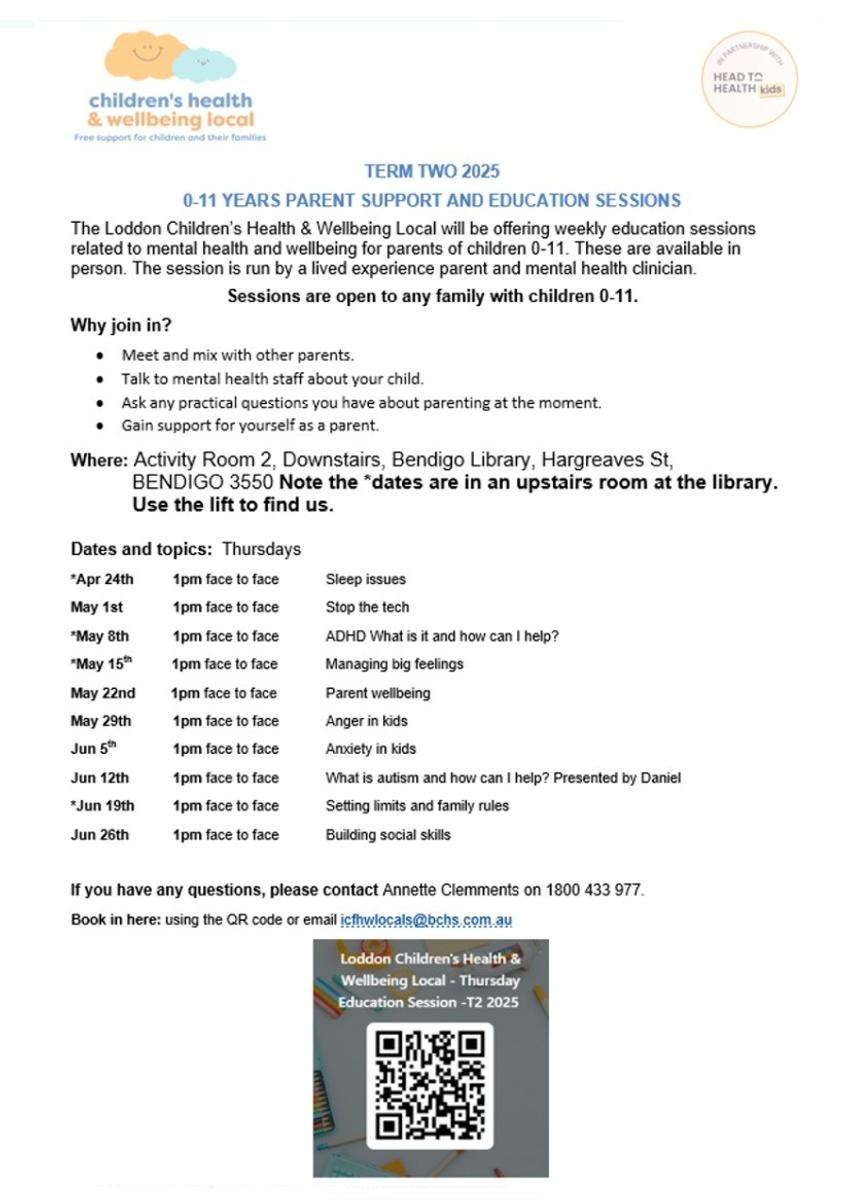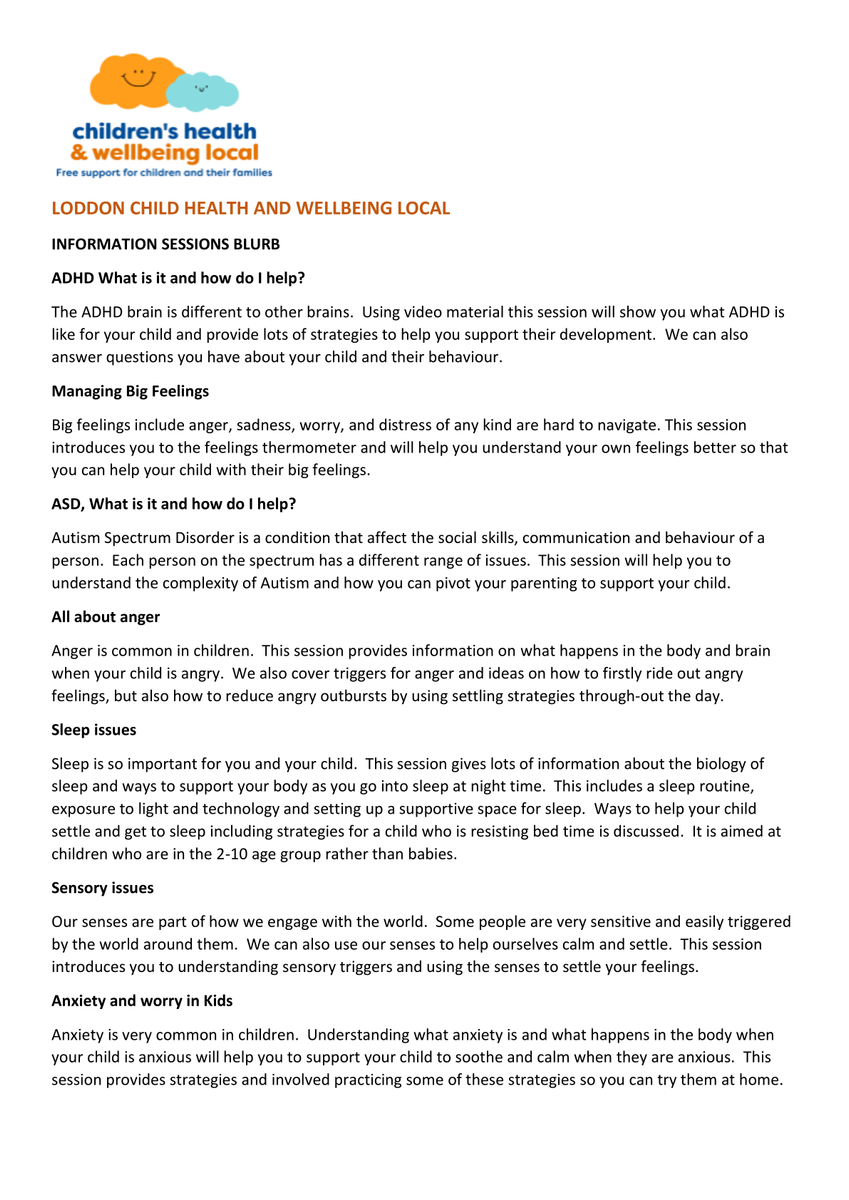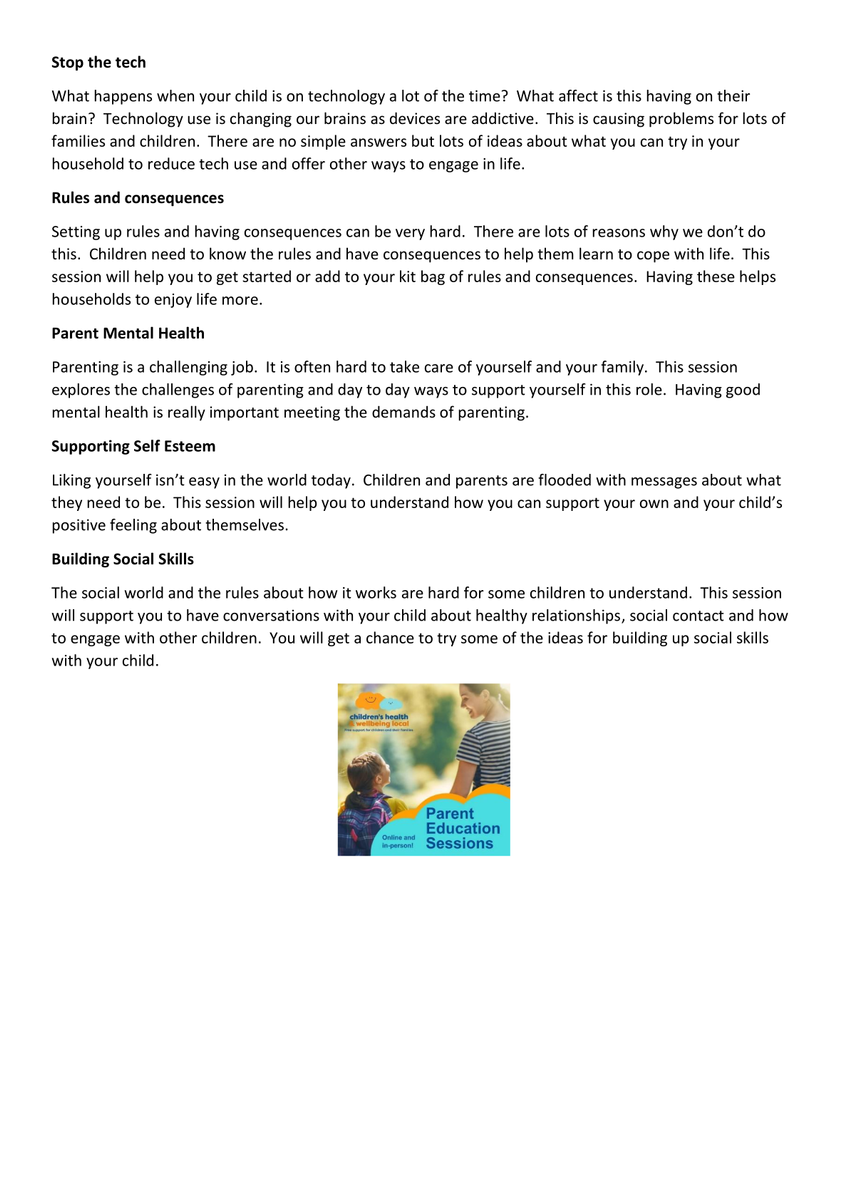Mental Health & Wellbeing

What is Resilience?
In the previous newsletter, we looked at what resilience was and why it is so important.
Resilience is the ability to ‘bounce back’ after challenges and tough times. It’s also the ability to adapt to challenges and tough times that you can’t change and keep on thriving. In fact, when you’re resilient, you can often learn from these situations.
It’s important to remember that children’s resilience can go up and down at different times. And children might be better at bouncing back from some challenges than others.
How to build resilience- skills for children:
Your child can develop emotional and practical skills that help them respond well to challenges. This lays an important foundation for resilience.
Here are skills for resilience and ways to help your child develop them.
- Understanding and managing emotions – for example, your child might be worried about a family member who’s sick. You could say, ‘I can see you’re really worried about Grandpa. It’s OK to be worried. But remember we’re doing everything we can to help him get better’.
- Being persistent – for example, encourage your child to have another go when things don’t work out the first time they try something. Praise your child for trying, no matter the result. You could say, ‘I’m proud of you for finishing the race.’ or ‘Well done for giving it another go.’
- Solving problems – for example, if a child at school says or does something unkind to your child, brainstorm how your child might respond next time. Helping your child to develop problem-solving skills is better than trying to solve every minor problem for them.
How to build resilience-helpful thinking habits and attitudes for children:
Resilience is about facing challenges or disappointments, finding the positives and moving forward. There are thinking habits and attitudes that can help your child with this.
Here are some ideas you might like to try at home-
- Be a role model for resilience. When your child sees you try again, handle your emotions or think positively in difficult situations, they learn that they can do the same.
- Find positive role models for your child. These people can show your child that it’s possible to handle challenges and be OK. For example, if you and your child’s other parent have separated, it might help your child to have an older friend who shares this experience.
- Avoid predicting and preventing every problem for your child. When your child experiences small disappointments and learns to do things differently, it will help them with bigger challenges. For example, 'it’s OK to let your child hand in homework that you know is wrong.'
- Build your child’s self-compassion. Self-compassion helps your child deal with disappointment, failures or mistakes by being kind to themselves. In turn, this helps them to move on from difficult experiences.
- Help your child recognise and acknowledge when things are going well, rather than focusing only on the difficulties. For example, you could make it a habit during family meals for everyone to share one positive thing from the day.
- Encourage your child to see themselves as resilient. You can do this by reminding them of a time they were resilient. For example, ‘I remember you were nervous about joining the team at first. And look at you now!’
Looking for support or more information to support your child/ren??
The Children's Health & Wellbeing Local is running a number of parent support and education sessions throughout Term 2 on Thursdays for parents of children aged 0-11. The sessions start at 1pm, are face-to-face and run out of the Bendigo Regional Goldfields Library.
Topics covered include- sleep issues, technology usage, ADHD, managing 'big' feelings, parent wellbeing, anger in kids, anxiety in kids, autism, setting limits and family rules and developing social skills.
Sessions can be booked online using the QR or email on the information flyer below.
Thanks,
Miss Coffey



